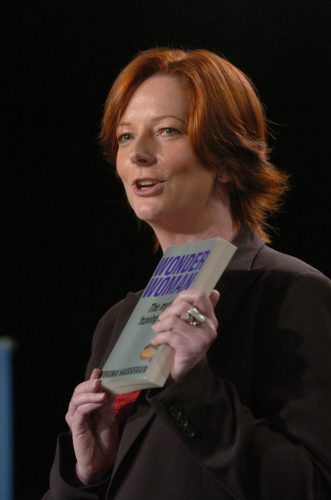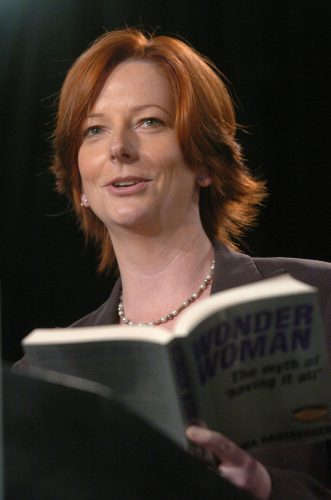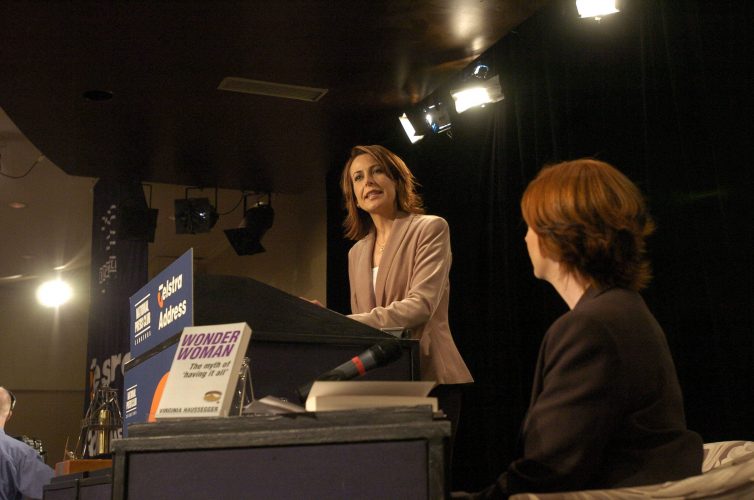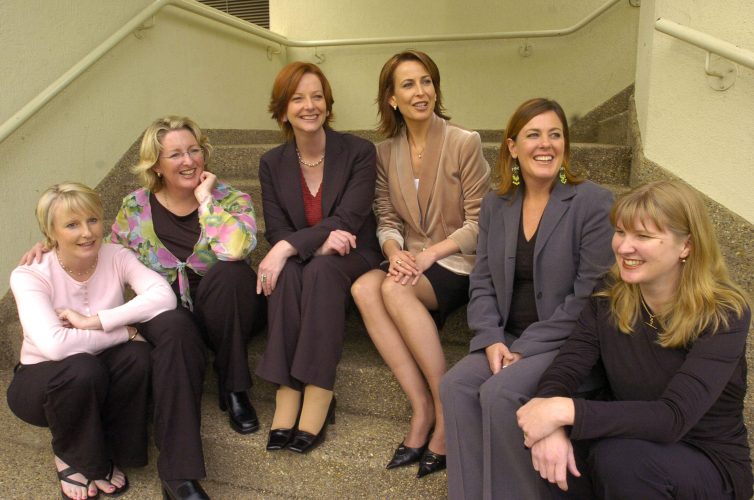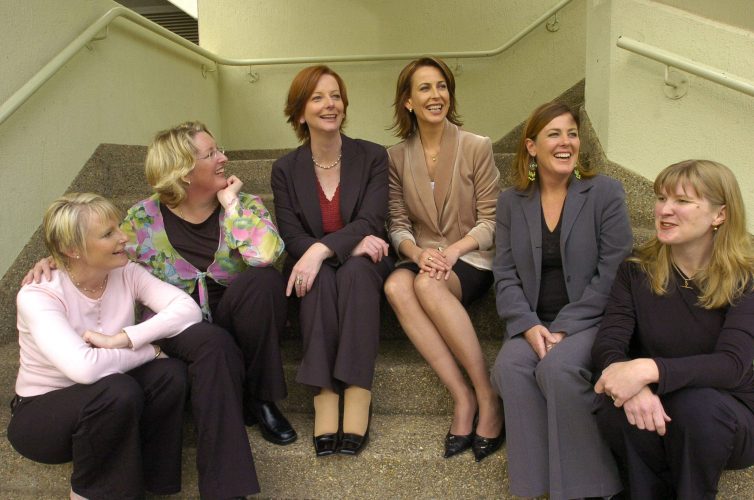All Betty Dukes really wanted was to get on. It took three years, but finally, in her mid- 40s, she was promoted from cashier to CSM, or customer services manager. She was on her way or – so it seemed.
But 10 years down the track, all that ambition earned her was a demotion. Today Betty is a store ”greeter”. She’s the face shoppers meet when they step over the ”Welcome to Wal-Mart” threshold and into the embrace of the world’s biggest retail chain.
No doubt Betty is keeping up appearances. ”Never allow fear to get under your feet,” she tells her co- workers, ”because we women need to have the courage to speak out.” And speak out she has.
Now, not even the formidable legal might of the biggest company in the United States, the multi-billion- dollar Wal-Mart, seems able to shut Betty up. After 13 years as a loyal employee, Betty says she’s had enough. She’s fed up with being passed over for promotions, training opportunities, management positions and pay rises, while watching less experienced men rise up the ranks ahead of her. Aged 57, Betty reckons she’s not too old to roll up her sleeves and fight for the right to be paid like a man and treated like an equal.
She is now the lead plantiff in a lawsuit that became this week the biggest sex-discrimination case in US history. In what can only be seen as a massive body blow to the retail giant, a federal appeals court in San Francisco ruled on Tuesday that Dukes v Wal-Mart should proceed as a class action. Now Betty and her six co-complainants can include more than 1.6million women – all former and current Wal-Mart employees – in their fight against sex discrimination, in what has become an extraordinary ”Betty and Goliath” stoush.
If Betty’s team wins, they all win. And Wal-Mart could be facing compensation payments to every woman that has ever worked in any of its 3400 stores since December 1998. The compensation tally could reach as high as two million women. The US has never before seen such a massive class action against a private employer.
And while the case still has a long way to go before Betty and her colleagues get near a trial court – or see a cent in settlement – this week’s court decision to certify a group of 1.6million women as a valid legal ”class” has sent reverberations around the world.
Principal lawyer at Australia’s Slater and Gordon, James Higgins is still shaking his head. ”The potential costs that could be involved are mind blowing,” he says.
But the even bigger issue, as Higgins and other legal minds are calculating, is the issue of sex. This massive sex-discrimination case could set an extraordinary precedent.
Naturally, Wal-Mart argues it does not discriminate against its female employees. Its lead lawyer, Theodore J. Boutrous Jr, has been bellowing the ”Wal-Mart has a strong anti- discrimination policy” mantra since this case began back in 2001. But what is now at issue is not what the employer says but rather what it does.
While the likes of Wal-Mart might have well-written anti- discrimination goals, objectives and mission statements in its company brochures, what is now under scrutiny is how the policy plays out in reality: how women are treated in comparison with their male colleagues. Do the corporate practices and patterns of employment show that women have a fair and equal share of the promotions and the pay?
On raw figures, Wal-Mart has some explaining to do. It employs 1.3million workers. Two-thirds of them are women, yet two-thirds of the managers are men. The basic maths doesn’t add up. But should it?
Should we expect women to be on a parity with men in the workplace? In a company where there are substantially more women employees than men, should we expect to see a majority of the senior roles and bigger pay packets going to women? Or is it still OK for a company that boasts about its corporate anti-discrimination policy to have a disproportionately high number of women in its lowest-paid and lowest-rung jobs?
There was one dissenting judge in this week’s court decision that gave the go-ahead to Betty’s class action. He said, ”Not everybody wants to be a Wal-Mart manager.”
The problem is – Betty does. Possibly so, too, do tens of thousands of the 1.6million women who have joined the fight. The same judge went on to say, ”Those women who want to be managers may find better opportunities elsewhere.” But where does he mean? In workplaces that are fair – or at least fairer than Wal-Mart?
The Wal-Mart women may never have their day in court. While class actions are almost always settled out of court, a settlement of this size remains inconceivable. If the financial impost isn’t enough to severely wound the retail giant, the catastrophic damage to its reputation surely is.
The bulk of its shoppers are women. Four out of every 10 American woman shop at a Wal-Mart store every week. Will they continue to support a company that is forced to publicly admit it views women as less valuable than men?
Wal-Mart will continue to appeal and the legal costs of this massive case will continue to mount.
But in the meantime, while the rest of us watch in awe, workplaces around Australia ought to be doing some serious gender audits. The Wal- Mart case serves as a wake-up call to all employers. It’s a reminder that corporate actions speak louder than words.
Even the slickest of anti- discrimination policies aren’t worth the glossy paper they’re written on, when the numbers show women are still the big losers in pay, promotions and power.
